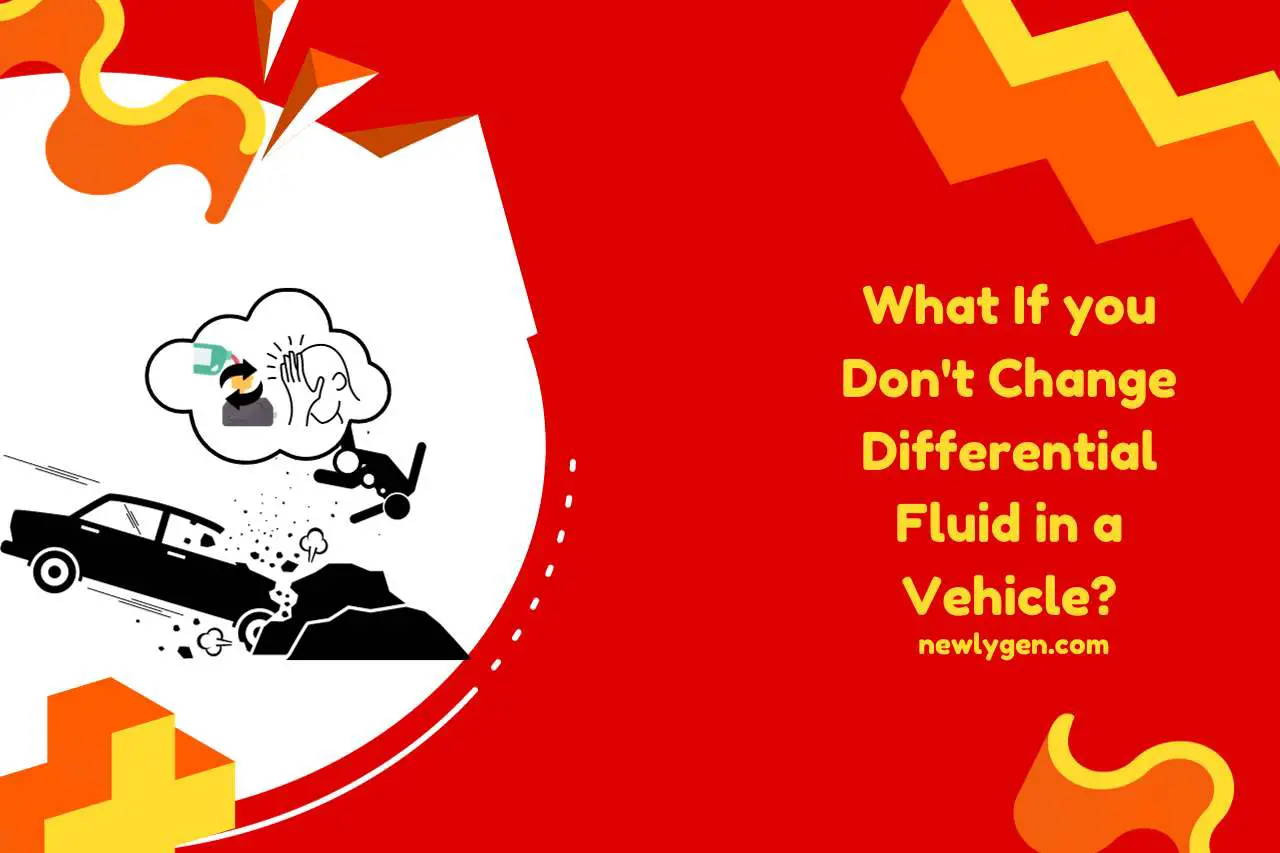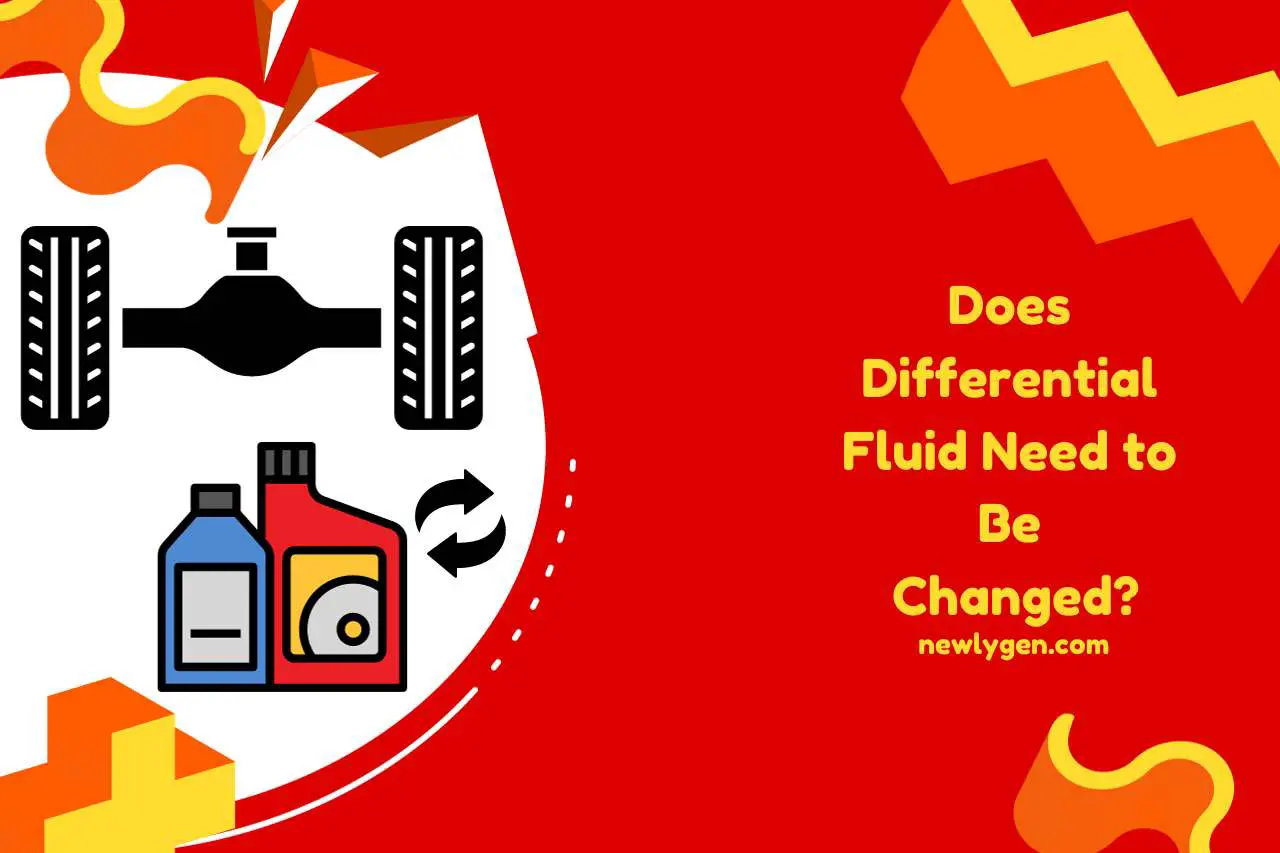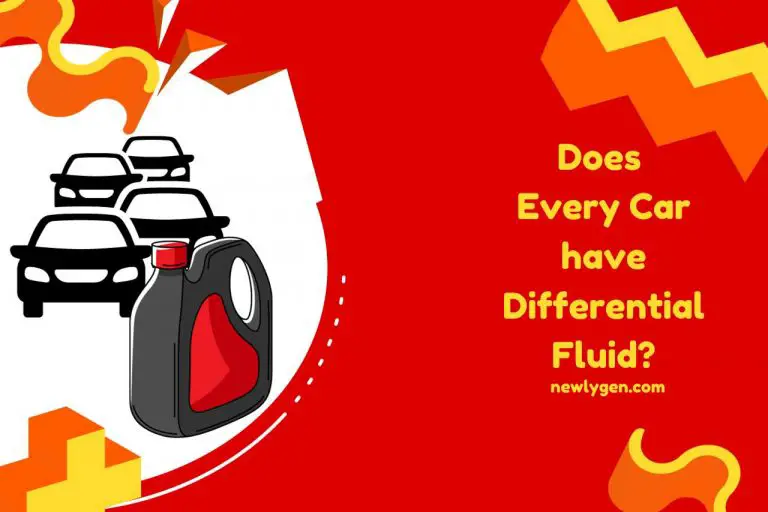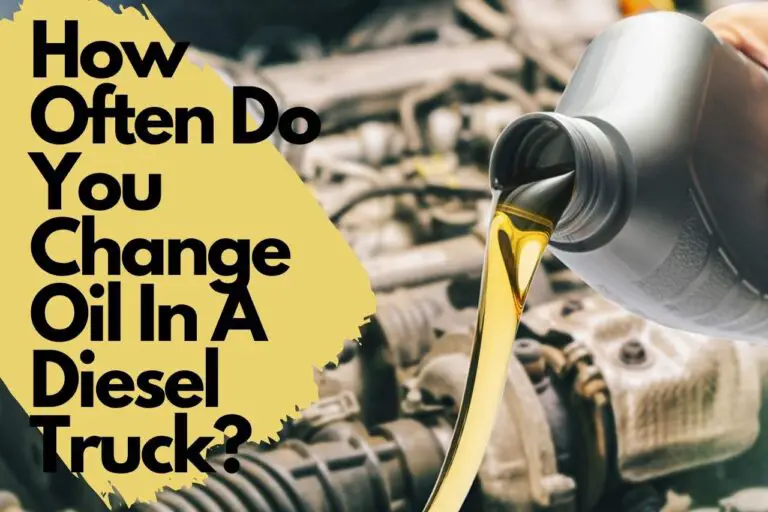Does Differential Fluid Need to be Changed? Ensuring Your Car’s Health!
“Ever wondered, ‘Does front differential fluid need to be changed?’ If you are an everyday driver, this doubt should not have remained unclear in your mind. This essential fluid is the unsung hero, keeping your cars running smoothly and protecting against wear and tear. Today, our aim is to delve deep into its significance, uncovering what happens if it’s overlooked. Moreover, you will learn the signs that signal it’s time for a change. Let’s dive into the details and ensure your car remains at its best!
What does Differential Fluid Do?
Differential fluid, also known as gear oil, primarily minimizes friction between the gears in your differential system. It aids in the seamless transfer of power from the engine to the wheels in order to ensure smooth vehicle operation. The following tasks are the major responsibilities of differential fluid.
- Friction Reduction: This lubricant minimizes the wear and tear caused by metal-to-metal contact within the differential.
- Temperature Regulation: By reducing friction according to the aforesaid manner, differential fluid also prevents excessive heat buildup, which can damage gears.
- Protection against Contaminants: Modern differential fluids often contain additives that help keep the system free from debris and contaminants
- Smooth Operation: At last, with proper lubrication, your vehicle’s differential operates smoothly, offering better vehicle control and longevity.
Does Differential Fluid Need to be Changed?
Yes, differential fluid absolutely needs to be changed periodically. Like other lubricants in your vehicle, the effectiveness of differential fluid decreases with time. In general, you should change the fluid every 30,000 to 60,000 miles.
These are the Major Causes that Force you to Change Differential Fluid
- Wear and Tear: As the vehicle is driven, the differential fluid undergoes thermal breakdown, reducing its lubricating properties. This can cause increased friction and wear within the differential.
- Contaminants: Over time, metal shavings and other debris accumulate in the fluid. These contaminants can damage the differential’s internal components over time.
- Fluid Degradation: Additives in the differential fluid that protect against wear, corrosion, and thermal breakdown can degrade or become depleted.
- Water Intrusion: Water can seep into the differential, especially in off-road conditions or areas prone to flooding. This dilutes the differential fluid; as a result, the effectiveness of the fluid will be reduced, potentially causing corrosion.



What If you Don’t Change Differential Fluid in a Vehicle?
If you don’t change the differential fluid in a vehicle, it could lead to a slew of mechanical problems over time. Thus, the importance of regular fluid maintenance can’t be overstated. Here, we have listed all the potential outcomes caused by the absence of fluid change.
- Reduced Lubrication: The primary role of differential fluid is to lubricate the gears, bearings, and other components inside the differential. As the fluid ages, its lubricating properties diminish; consequently, there will be friction and wear. Eventually, the lifespan of the components will be shorter, so you will have to go for frequent replacements.
- Increased Heat Generation: Aged or contaminated differential fluid will not dissipate heat as effectively. This increased heat can exacerbate the breakdown of the fluid even further and potentially warp or damage the differential’s internal parts.
- Contamination Buildup: Old fluid often has contaminants like metal shavings from the gears. These abrasives will cause premature wear as well as potential failure of the differential components.
- Corrosion Risks: Water and other contaminants can lead to corrosion inside the differential. Over time, this can degrade the metal parts, causing them to become weak or even fail.
- Decreased Performance: As the fluid deteriorates, you may notice that the vehicle often fails to perform as it used to. This can manifest as strange noises coming from the differential, vibrations, or even difficulty in handling.
- Potential for Expensive Repairs: Failing to change the differential fluid can ultimately lead to a breakdown of the differential itself. This scenario would result in costly repairs or even a complete replacement, which is significantly more expensive than routine fluid changes.
Watch this one,
Video Credits – 1ROAD
You May Also Like
- Can Bad Differential Fluid Cause Vibration? Unveiling the Truth!!!
- Can you Overfill Differential Fluid? Understanding the Basics!
- How to Replace Rear Differential Fluid? Mastering Vehicle Maintenance!
- Is Differential Fluid Flammable? Unmasking Myths!
- Cost to Change Differential Fluid – (DIY vs Professional Services)
- What Color is Differential Fluid? Decoding the Shades!
- What does Differential Fluid Smell Like? Unraveling the Mystery!







